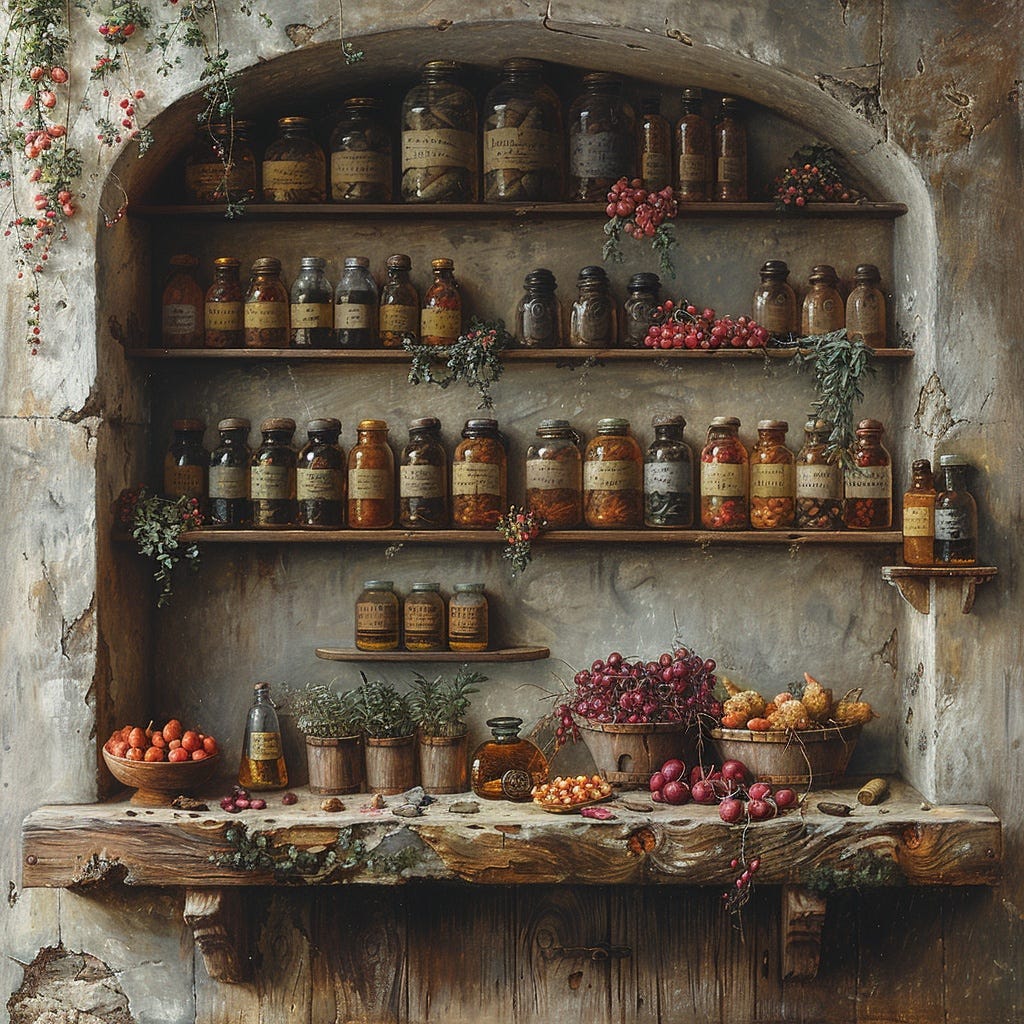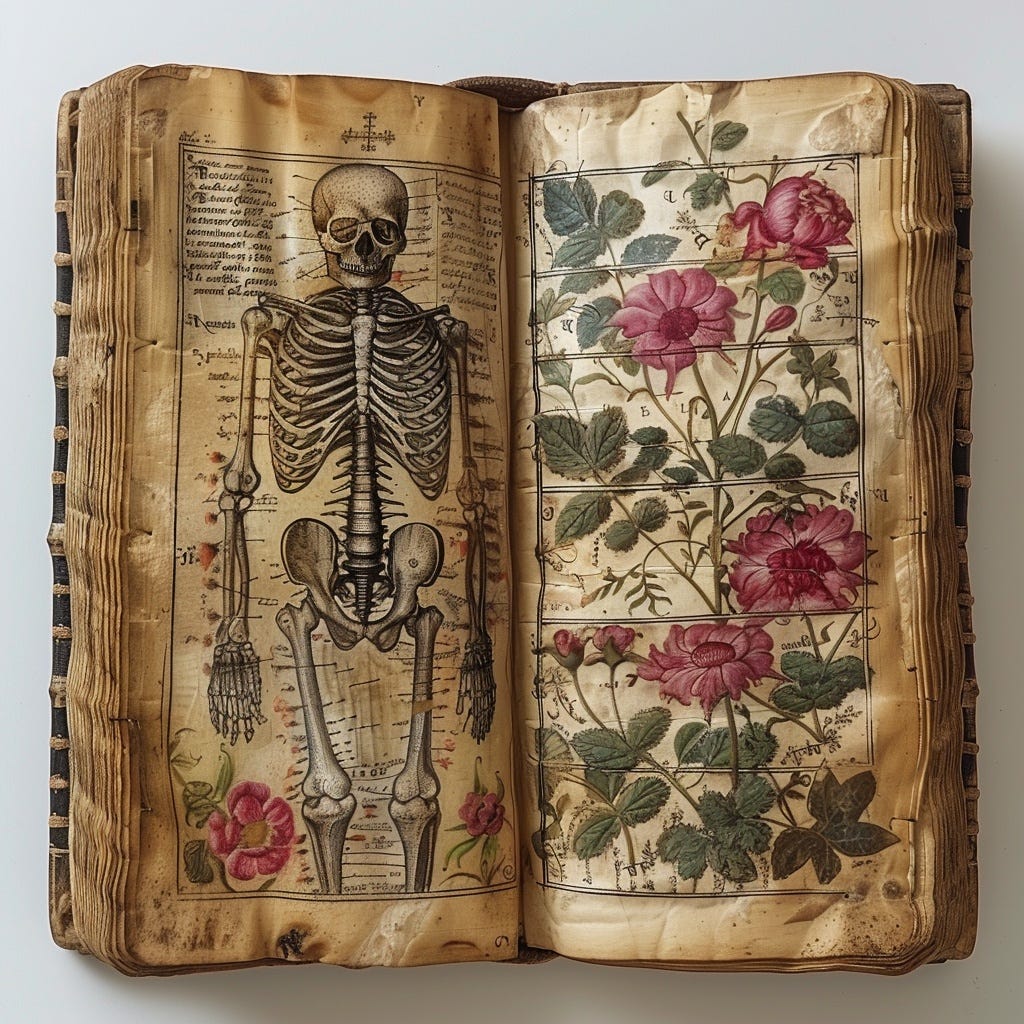One of the charges that gets leveled at “medieval” medicine is that since doctors back then obviously didn’t have the technology or science that we have today, they didn’t have any choice but to practice medicine in some sort of quaint or ignorant way.
If someone had heart palpitations, a medieval doctor would recommend rest and herbal remedies. They didn’t have the CAT scans or blood labs that could help them diagnose the precise problem, and they certainly didn’t have the massive array of drugs and procedures that we do today.
But what doctors back then recognized was the enormous power of the human body to heal itself.
Of course, you can’t just leave every injured person to fend for themselves, but doctors had a very clear view of the fact that the body is a miraculous healing machine and that one’s mindset is very much a part of that process.
Like modern holistic practitioners, medieval doctors considered it their duty to train patients in self-care. They taught people how to give their bodies the best possible chance for healing.
Doctors do this today, of course. They’ll tell you to rest and take certain medications and don’t do certain things. But unless you’re a naturopath, that list is very short.
Here are ten things you’d have heard from a medieval doctor and which should be back in vogue:
· Spend more time with friends, drink wine, and have good, long conversations—or do whatever feels indulgent and fun to you, because keeping your spirits up is essential to healing.
· Get lots of fresh air, and avoid foul air—which might include your apartment—because air is coming into you all the time.
· Take a bath with herbs and understand how they’re affecting you, which works because a) plant medicine is powerful and b) it helps you focus on healing.
· If you can, take a walk but don’t go crazy. Exercise isn’t just for your physical body, it’s also for your moods and your soul, so it’s good to include nature, or other people, or whatever makes you feel amazing.
· Always pay attention to what food does to you, and don’t eat foods that upset you. We have an idea of what foods those might be, generally speaking, but it may be completely different for you, so you need to be attentive.
· If anyone in your life pisses you off, stay away from them for a while until you’re feeling better. Emotions are like diseases, they can be very contagious, so use your discretion.
· Because it’s winter, you might comfortably sleep longer than normal. In fact, in winter you should be resting more. Start noticing how the weather makes you feel, and allow yourself to go with its rhythms.
· What usually happens in cases like this might not happen to you, it totally depends on your self-care and your attitude and the injury itself, and that’s complicated. That’s because you’re complicated, and that’s okay. We like solving the puzzle of you.
· Have someone make you laugh, because when you’re happy, you heal better. In fact, use this recovery period as an opportunity to find new sources of joy.
· If someone gives you a hard time for resting more or indulging in your self-care, send them to me and I’ll explain everything and find out what’s ailing them.
I don’t know about you, but every time I’ve come out of an alternative medical appointment, I’ve been like: I thought you were going to fix this what do you mean you want me to do all this shit?
But in fact, these practices are really helpful. My father, who is a Western medical doctor, would call this “preventative care”—all the stuff you do so you don’t get sick in the first place. And that tends to be our mindset in the modern world. But I think it’s even more important, when you are sick, to engage in this level of self-care.





